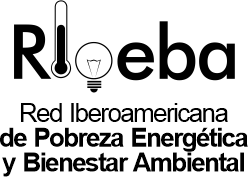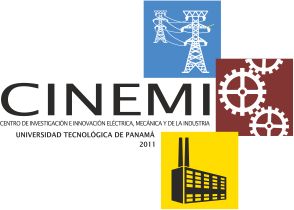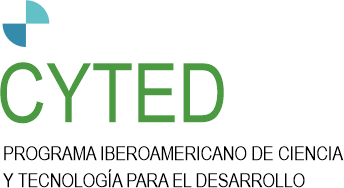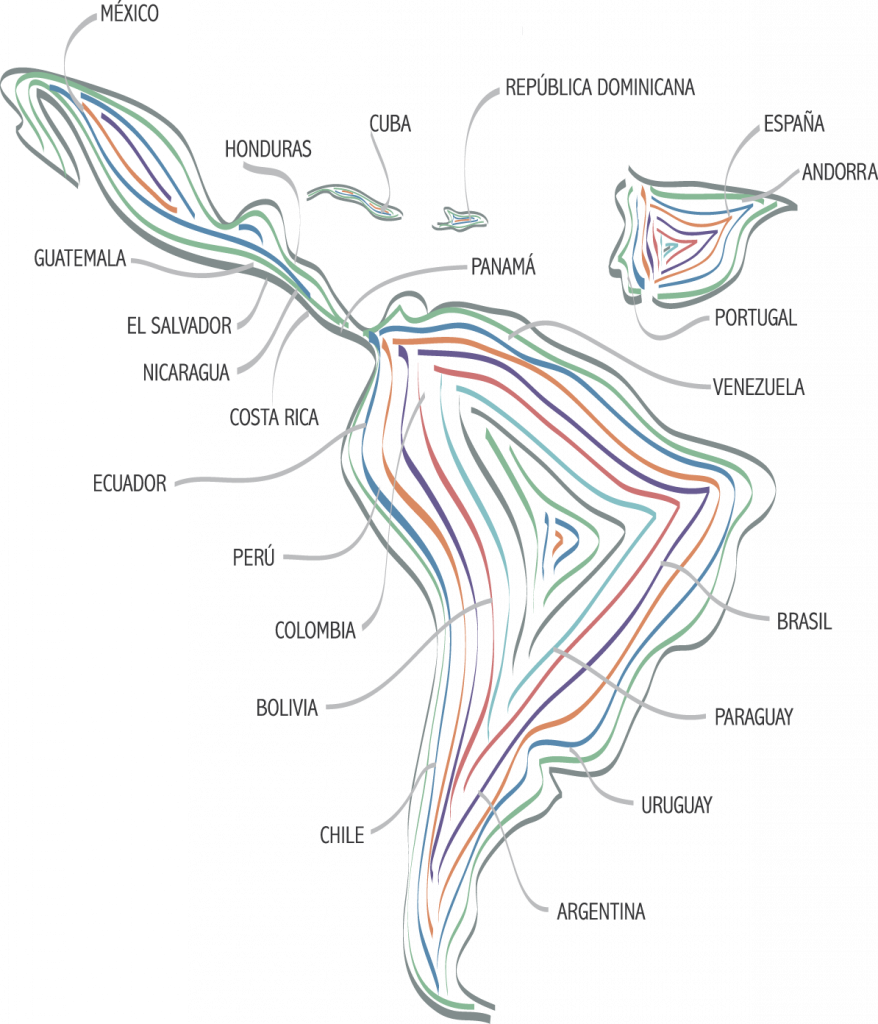Dr. Bassam Ali
Autonomous University of Yucatan, Mexico
Dra.(C) Salomé Bessa
Nova School of Science and Technology at the Nova University of Lisbon, Portugal
Dr. José David Bienvenido Huertas
University of Granada, Spain
Dr. Àlex Boso
Center for Energy, Environmental and Technological Research, Spain
Dr. Juan Cabrera
Bolivarian Private University, Bolivia
Dra.(C). Valeska Cerda
University of Bio-Bio, Chile
Dr. Miguel Condorí
Non-conventional Energy Research Institute, Argentina
Dra. Teresa Cuerdo Vilches
Instituto de Ciencias de la Construcción Eduardo Torroja- Consejo Superior de Investigaciones Científicas, España
Dr. Bruno Damián Arballo
National University of San Juan, Argentina
Dra. Yanelys Delgado Triana
Universidad Central “MARTA Abreu” de las Villas, Chile
Dra. Evelyn Delgado
University of Seville, Spain
Dr. Rodrigo Javier Durán
National University of Salta – National Council of Scientific and Technical Research, Argentina
Dr. Ernesto Fariñas Wong
Universidad Central “MARTA Abreu” de las Villas, Cuba
Dr. José Antonio Ferrer Tévar
Center for Energy, Environmental and Technological Research, Spain
Dra. Dania González Couret
Technological University of Havana, Cuba
Dr. Joao Pedro Gouveia
NOVA university of Lisbon, Portugal
Dr. José Ignacio Huertas
Tecnológico de Monterrey, México
Dra. Maribel Jaimes Torres
National Autonomous University of Mexico, Mexico
Dra. Judit Lisoni
Universidad Austral de Chile, Chile
Mag. Javiera Leighton
Universidad San Sebastián, Chile
Dr. Oscar de Jesús May Tzuc
Autonomous University of Campeche, Mexico
Dra. Julia Judith Mundo Hernández
Meritorious Autonomous University of Puebla, Mexico
Dr. Cristian Muñoz
University of Bio-Bio, Chile
Dr. Luis Manuel Navas
University of Valladolid, Spain
Dr. Pedro Palma
Nova School of Science and Technology at the Nova University of Lisbon, Portugal
Mag. Arq. Lucia Pereira Ruchansky
POIIUFADU-UdelaR, Uruguay
Dr. Fausto Posso Rivera
University of Santander, Colombia
Dr. Quelbis Quintero
University of Sucre, Colombia
Dr. Rodrigo Ramírez Pisco
Universitat Carlemany, Andorra
Dra. Carolina Rodríguez
Universidad Piloto de Colombia, Colombia
Dra. Silvia Soutullo Castro
Center for Energy, Environmental and Technological Research, Spain
Dr. Álvaro Ruiz Pardo
University of Cadiz, Spain
Dr. Antonio Serrano Jiménez
University of Granada, Spain
Dr. Jaime Soto Muñoz
University of Bio-Bio, Chile
Dra. Silvia Román Suero
University of Extremadura, Spain
Dr. Rasikh Tariq
Tecnológico de Monterrey, México
Dra. Marta Torres González
University of Seville, Spain
Dra. Maureen Trebilcock
University of Bio-Bio, Chile
Dra. Claudia Eréndira Vázquez Torres
Autonomous University of Yucatán, Mexico

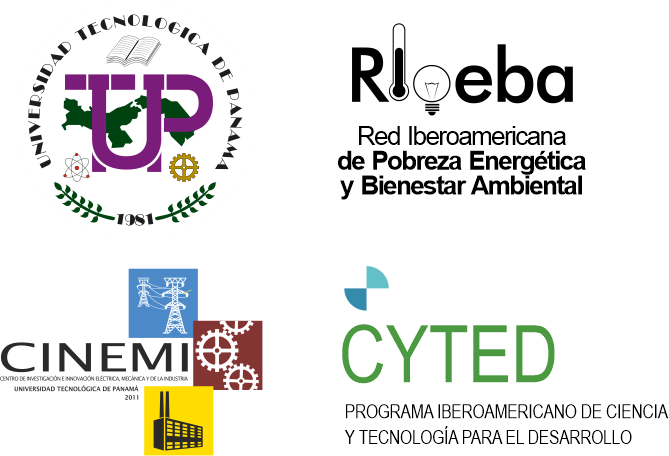

 Português
Português Español
Español


